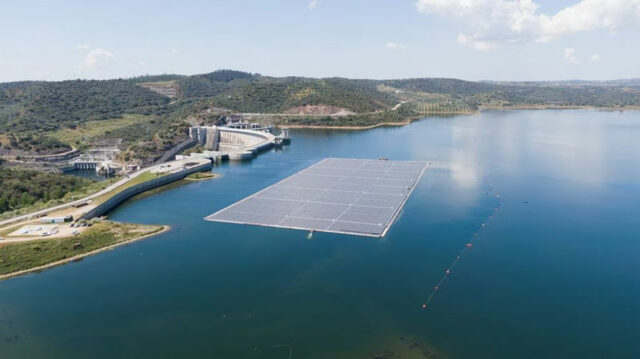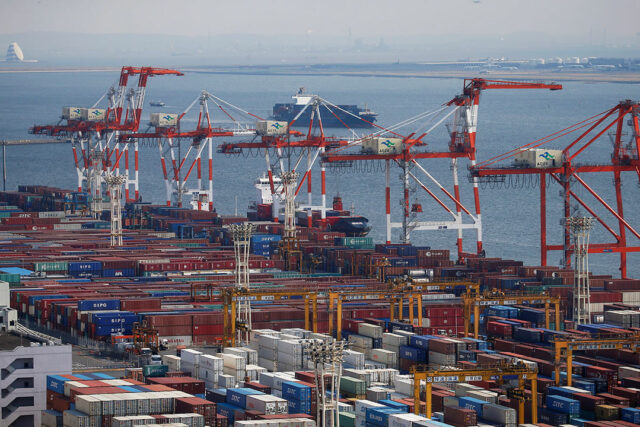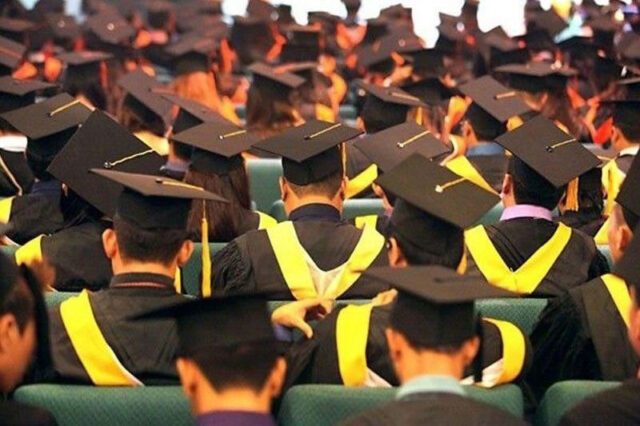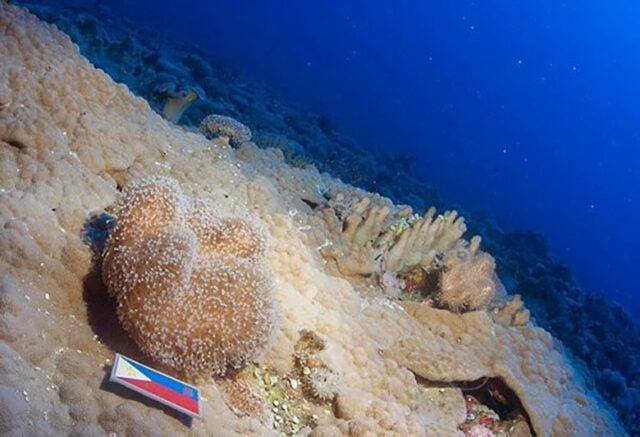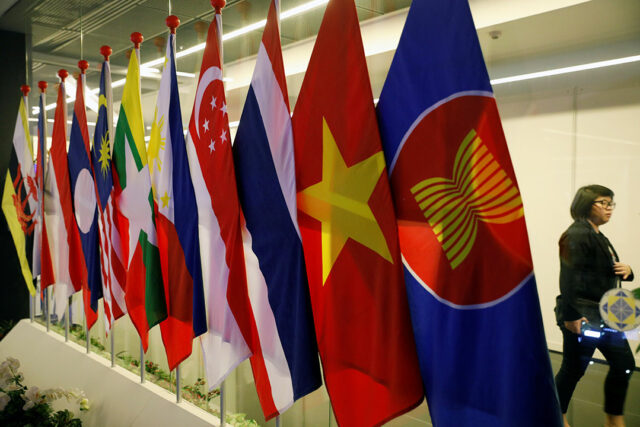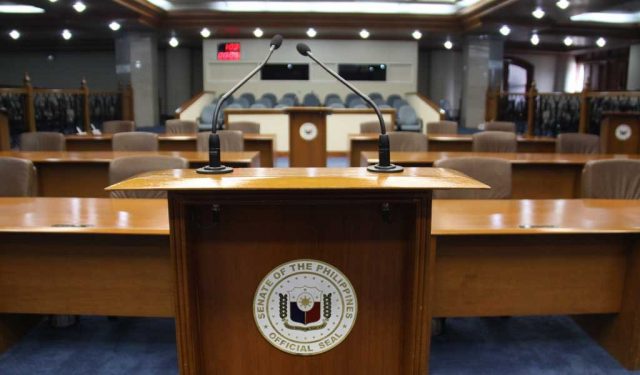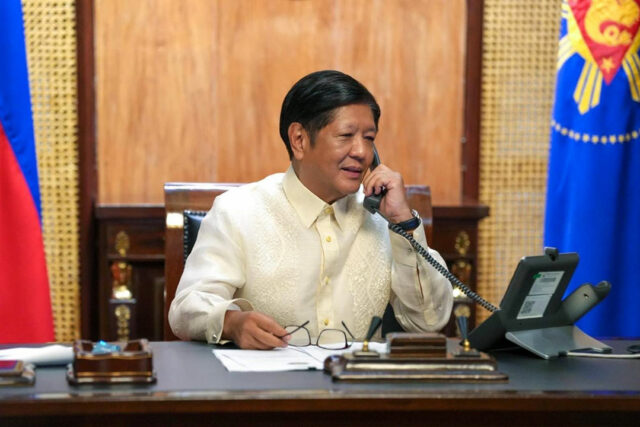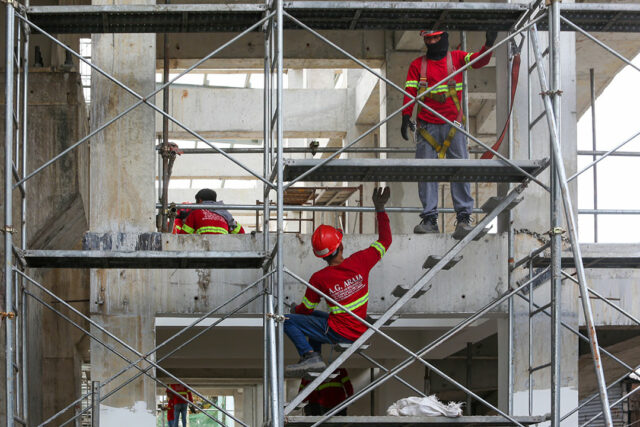Floating solar capacity raised in 4th GEA round
THE Department of Energy (DoE) said it increased the capacity on offer for floating solar in the fourth round of the green energy auction (GEA-4).
The renewable energy capacities to be offered totaled 10,653 megawatts (MW), higher than the 10,478 MW capacity previously disclosed, according to an advisory.
In a statement on Thursday, the DoE said it has approved an additional 175 MW for floating solar in the Visayas, due to “regional demand and investor interest.”
“This expansion opens new avenues for project development across the archipelago, particularly in areas with limited available land,” the DoE said.
The DoE also reallocated the 1,040 MW installation target capacity for floating solar that was previously scheduled under Luzon for 2026, spreading it across 2027 to 2029.
The DoE said the move is designed to provide developers more preparation time, improve project feasibility, and support grid readiness for this specialized technology.
Floating solar facilities are built on lakes and reservoirs.
Following the changes, GEA-4 will now offer 9,553 MW from ground-mounted solar, roof-mounted solar, floating solar and onshore wind projects that should be operationalized from 2026 to 2029 and another 1,100 MW of solar capacity paired with energy storage systems.
These measures form part of the government’s push toward integrating floating solar into the renewable energy mix.
“By proactively adjusting timelines and capacity allocations, the DoE is signaling strong institutional support for innovative RE solutions, while creating space for broader participation among developers and investors.”
Meanwhile, analysts see the launch of the GEA-5 for fixed-bottom offshore wind projects as a sign of progress in renewable energy development.
“By introducing 3,300 MW of offshore wind capacity with anticipated deployment from 2028 to 2030, the DoE is strategically positioning the country to leverage proven renewable technologies to enhance energy security and sustainability,” according to Toby Allan C. Arce, head of sales trading at Globalinks Securities and Stocks, Inc.
Mr. Arce said the focus on fixed-bottom offshore wind will serve as a “learning platform” for the future inclusion of more advanced emerging technologies like floating offshore wind, allowing the country to remain at the forefront of renewable energy innovation.
Compared to fixed-bottom offshore wind, which uses turbines fixed directly to the seabed, a floating offshore wind facility is mounted on floating structures.
“It’s good to see the government pushing ahead with the auction process for offshore wind development. As an archipelago, it makes sense to also look beyond the shore for abundant sources of clean energy,” according to Juan Paolo E. Colet, managing director at China Bank Capital Corp.
“Offshore wind technology can contribute significantly to expanding the installed capacity for renewable energy, diversifying our power generation mix, and ensuring sustainable energy security,” he added.
Mr. Colet said that the industry is anticipating the issuance of the green energy auction reserve price, or the ceiling price used in the auction, for GEA-5 as it will determine the bankability of offshore wind projects.
“We expect this to be a careful policy balancing act because the price should be attractive for project sponsors while also being affordable for consumers,” he said. — Sheldeen Joy Talavera

